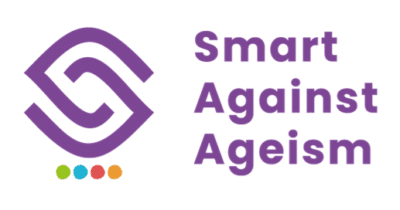This project identifies and analyses indicators of quality of life among the population aged 65+ to reveal gender gaps and their factors, and it focuses on changes due to the renewal of cohorts.
Consideration is taken of cohorts now old (broken into age groups, given the heterogeneity of conditions at older ages) and of those who will reach old age in the next 25 years considering the situation of persons aged 40+ in 2005), for a prognosis of trends in gender differentials and an evaluation of actions likely to reduce these gaps.
Quality of life is measured along health conditions, economic resources, family situation and social integration. On each, objective indicators of living conditions are confronted with perceptions by the persons of their own situation.
It is argued that the main factors of gender gaps in well being are to be found in the life course of individuals – in particular in the way they conciliated their professional career with their family life – and in the way they have experienced some more recent key events like retirement, widowhood, health deterioration or entry into old-age institutions.
Statistical analysis of individual-level data, based on event-history methods, is to show the impact of these factors.It is also argued that gender gaps in quality of life are shaped by the socio cultural context (welfare regimes, economic circumstances, normative climate).
AGE is a member of the MAGGIE advisory board and took an active role in the project’s development in 2007.
The preliminary results of the research findings were presented and AGE reminded the consortium of civil society organisation’s interest in using
their research but stressed the need for research outcomes to be translated in a clear and usable way for policy makers.
For more info: https://maggie-project.org/.






